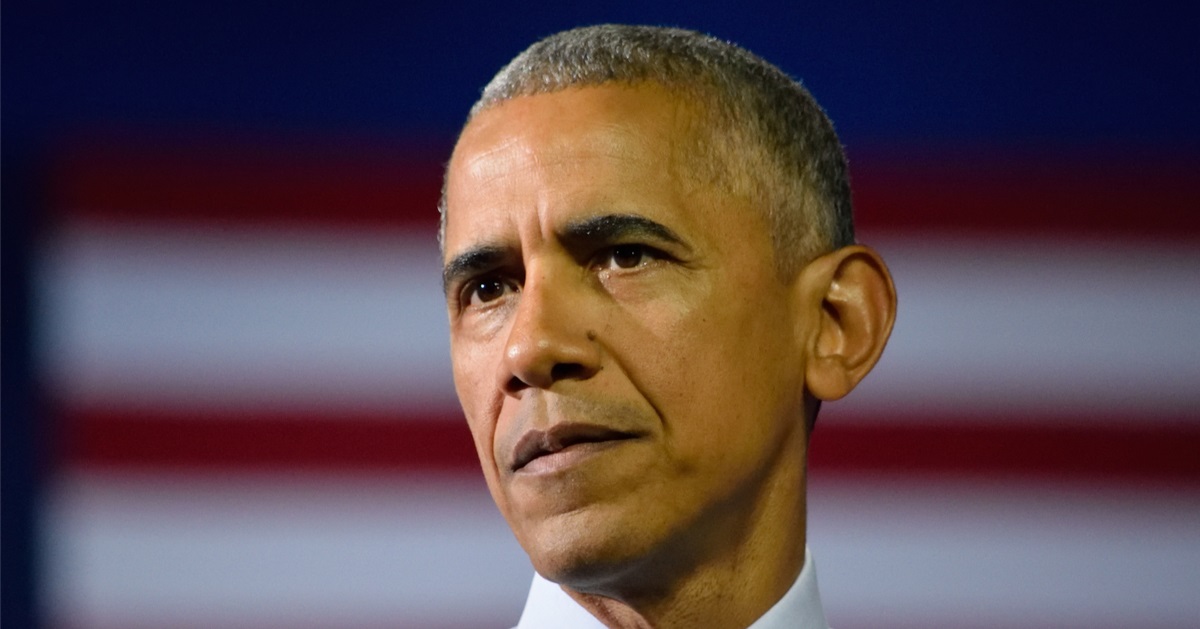DANIEL VAUGHAN: Kamala Harris Can't Escape Election Spotlight
We're nearly three weeks away from the election. You can pick your sports metaphor for this moment; we're in the final minutes, inning, stretch, or quarter of this election. It quite literally comes down to this. Donald Trump's theory of the election is to reconstitute his 2016 margins in swing states, point out how miserable people are under Biden, and win a second term. Harris is trying something no candidate in U.S. history has attempted: can you shove aside a sitting President at the last minute and win an election?
The spotlight and focus are getting brighter on Harris. We focus on her because we don't know if what she's attempting is possible, whether voters will flock to her, or if she's pulling together a working coalition. Remember, Harris has never successfully run for national office, and no one has ever voted for her. In the 2020 election cycle, she dropped out of the primaries before a vote was cast.
Trump is coasting a bit because we know what he's doing. He doesn't get the focus because we know who Trump's coalition is, whether they'll vote for him, and how he's trying to expand that coalition. We've seen this movie twice, in 2016 and 2020. The only remaining question for Trump is whether or not polls underestimate his support for a third election in a row.
That leaves us with Harris and her stalling numbers. In the RealClearPolitics average, Kamala Harris has a lead of +1.8 points over Donald Trump on the national level. This lead is down slightly from a peak of +2.2 points on September 21, 2024.
Most concerning for Harris is that she continues to lag behind both Joe Biden and Hillary Clinton at this point in their campaigns. At this point in 2016, Hillary Clinton held a +5.6-point lead in the polls in the immediate aftermath of the Access Hollywood tape. In 2020, Biden had a +10-point lead over Donald Trump. That's not where the vote ended up in either race, but it does show you how much smaller the margins are for Harris.
Both Clinton and Biden were getting polls that showed them with leads well outside the margins of error nationally and across the battleground states. That's not true for Harris, who is locked in a tight battle across the board.
The news doesn't get much better for Harris in the battleground states. Right now, Trump holds a +0.3-point lead in Pennsylvania, a +0.8-point lead in Georgia, and a +0.6-point lead in North Carolina. If Trump carries those three states alone, he would hit 270 electoral votes on election night. Given that all three are in the Eastern time zone with earlier poll closing times, we could get a short election night.
Harris could sweep Wisconsin, Michigan, Arizona, and Nevada, but if Trump simply carries those three states on election night, he'd be elected. However, it's also unlikely that a Trump victory in one of the Midwest states would signal the end of the night for him. Because the demographics are similar, we'd expect the trendlines of Pennsylvania to tell us what would happen in Michigan and Wisconsin, too. Whoever wins Pennsylvania is set up to do well in other rust-belt states.
And in truth, whoever wins Pennsylvania is likely the President. That's why Kamala Harris's decision to skip over the highly popular governor of Pennsylvania, Josh Shapiro, remains one of the greatest mysteries of this cycle. This will likely come down to who wins that one state. Harris chose to ignore the possible Ace in the Democratic Party's sleeve by tapping Shapiro.
Given Harris's current weaknesses in the sunbelt states, her likely only remaining path is to win Pennsylvania, Wisconsin, and Michigan. If she sweeps the Midwest, she could afford to lose Nevada, Arizona, Georgia, and North Carolina. In this scenario, she'd have 270 electoral votes to Trump's 268.
That brings to light Trump's difficulty: he has to regain his 2016 groove and take at least one of the Midwest states from Democrats. Those states are called the blue wall for a reason. Democrats have long used these states as a buffer against winning votes in harder-to-win states. As Trump is chipping away at them, Democrats are losing their wall against Republican advances.
But with Trump, we know he's capable of doing precisely that. He did it in 2016 and was close in 2020. We don't know any of these things about Kamala Harris. She's the unknown quantity in the race who refuses to define herself. Do voters in these states buy that? Or do they want something more?
It's all hard to say. But one thing is sure. Currently, polling is far better for Trump than Harris. You don't want to be a Democrat on running even or below Donald Trump before Election Day. If polls shift toward him like they did in 2016 and 2020, Harris will likely get buried on election night.
Instead, the greatest irony is that Kamala Harris is hoping for a polling error in her favor. We'll find out if she gets it in three weeks.


